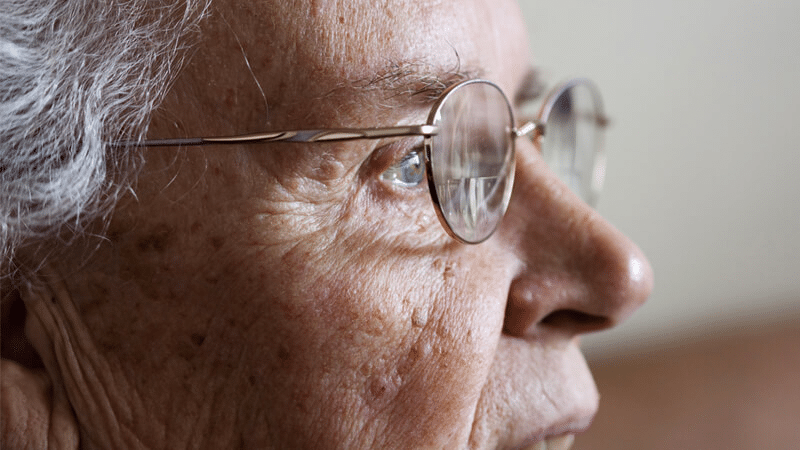Some Brits believe assisted suicide should be allowed for mental distress, chronic disability, and homelessness, a new poll has revealed.
In an online survey for religious think tank Theos, YouGov asked 2,569 over-18s in the UK for their opinions on legalising assisted suicide for a range of issues.
But the disturbing levels of support for it to be legal in certain circumstances led Theos’s Head of Research, Madeleine Pennington, to warn that the results implied “stark judgements about whose lives are imagined to be hopeless, unbearable, irredeemable”.
Stats
Three-fifths of people surveyed said those with a chronic disability should “legally be allowed to seek assistance to end their lives”.
Almost half of all respondents backed legalising assisted suicide for people with dementia, with 36 per cent favouring removing end-of-life protections for anyone elderly.
One in five supported making assisted suicide available for people in mental distress, and one in ten thought it should be an option for the homeless.
Four in ten respondents said that a lack of access to medical care warranted people being allowed to seek help to kill themselves.
‘Compassion’
Reflecting on the results, Pennington cautioned that legislation should not be designed just for individuals, “but for communities and the population as a whole”.
This means, she argued, “that compassion must also (and arguably more so)” result in protection for those “who are at their most vulnerable, without hope, or without loved ones reassuring them their lives are still precious”.
She also said: “How we perceive our own stake in the issue seems to matter. And for groups with less voice in the mainstream conversation, it matters further still.”
Shifting values
Pennington noted that while pro-assisted suicide lobby group Dignity in Dying only explicitly campaigns for assisted suicide for those with terminal illness, “any public debate inevitably takes on a life of its own, subliminally shifting our sense of what is morally acceptable or politically possible”.
She continued: “Where this masks unexamined judgements about whose lives are worth living, or whose situations are hopeless, we must pay particular attention”.
“As the conversation around assisted dying continues, and legal change grows ever more likely, the need for greater attention to these nuances therefore grows ever more urgent. It is, literally, a matter of life and death.”
Suicide rates are high, but not high enough for some
Widdecombe: ‘Rantzen’s campaign for assisted suicide must not prevail’
MSP: ‘Increasing numbers of Scots will die if Holyrood backs assisted suicide’
Bioethicist: ‘Legalising assisted suicide will lead to euthanasia’


